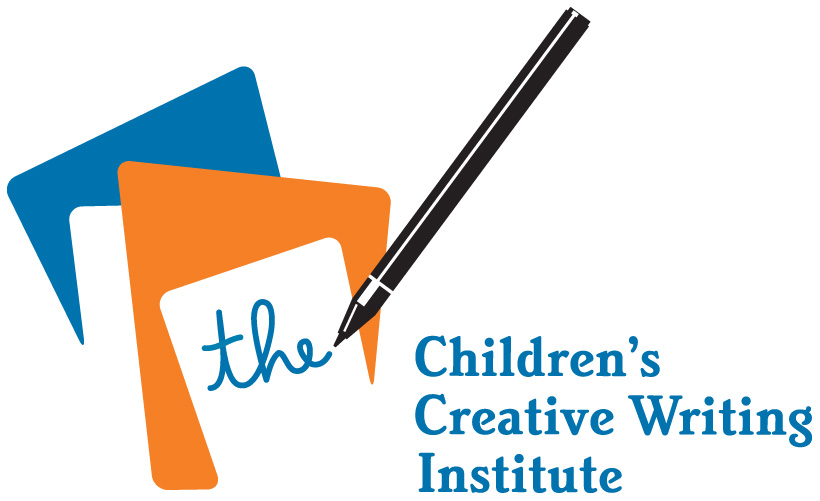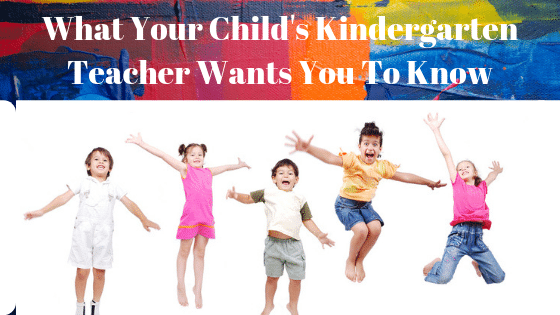Can you smell the crayons? That waxy, unique smell carries a whiff of excitement combined with nervous energy. For kindergarteners, it isn’t “back to school,” it’s “to school.” Everything is new. Kindergarten marks the first step on the road to formalized education.
It’s natural for both parents and children to be nervous before kindergarten starts. Afterall, we know it’s a long, and sometimes winding road. There will be twists and turns, struggles and successes along the way. So take a deep breath and read on to find out what teachers want you and your child to know.
The first thing they want you to know is that at this stage, life skills are more important than academic skills. Being ready to learn, and ready to function in a classroom is more important than any academic skill. Learning to learn takes a lot of work, but that’s the skill that will last a lifetime.
Life Skills
Does your child know how to wait for a turn or how to share? Honestly, most grown-ups I know (including myself) still struggle with these life skills. How infuriating is it when you’ve been patiently waiting in your lane and another driver cuts in front of you? Imagine now that you’re a kindergarten teacher and every single student is that driver cutting in line! For the classroom to function, each child has to have the ability to wait, or no one will learn anything.Teachers are realistic and don’t expect that this skill will be mastered, but students should at least be familiar with the concept. The same can be said for the ability to share.
Next, students should be able to tie their shoes, and go to the bathroom unassisted. Yes, you can buy shoes with velcro instead of laces, but it’s a good skill for them to start to learn. Learning how to tie shoelaces involves frustration and concentration, and ultimately, a sense of accomplishment. This is great practice for being a kindergarten student. There are many, many Youtube videos with detailed shoelace tying instructions. If your child is struggling with this, try different methods, such as the bunny ear method, and enjoy the videos. There’s even a “Dr. Shoelace.” Sometimes, this can take until first or second grade, so don’t worry if your kindergartener doesn’t get it right away.
Students should be able to hold a book, and to be able to sit and listen to a story. Listening to a story involves a lot more brain activity than you would think. Children use their imaginations and make powerful connections. Knowing how to listen to a story is the first step along the way to reading and writing. It’s isn’t just exposure to vocabulary words, it’s exposure to different worlds and possibilities. Time that you can spend reading to your child will pay off in multiple ways. It’s a great way to spend time together before, during and after your child’s kindergarten years.
Academic Skills
In terms of academic skills, there are a few academic skills that would be helpful for your students to have, but don’t panic if they are not there, yet. Remember that kindergarten teachers are teachers after all, and one of their many superpowers is teaching. Being ready and excited to learn is much more important than what they actually know.
Having said that, here are the academic skills that are recommended for your child to have before kindergarten starts. They should be able to identify their first and last name, as well as being able to write their first name. They should be able to recognize some letters and the sounds they make. They should recognize numbers up to 10. They should also know how to hold a book. Generally, if they know how to listen to a story, they will know how to hold a book. When you read to them, make sure to let them spend some time holding the book and even turning the pages. There’s something very satisfying about the tactile experience of turning the page.
By the end of the year, kindergartners will know all of the letter names and sounds. They will know how to put sounds together to read cvc (consonant, vowel, consonant) words. Examples are “hat,” “car,” and “dog.” They will be able to write numbers to 30, and add and subtract within 20. These are big academic leaps and your child will have fun along the way.
Playing Is Hard Work
Remember that kindergartners learn best through play. One teacher told me that she would rather have her students play Monopoly at home than fill out worksheets. Children learn best by doing and playing. Games aren’t all fun and games! Games have rules, structure and procedures that need to be learned and followed. For a kindergartener, playing a game is hard work.
The main job of a kindergartner is to have fun, and to learn. They will turn in to readers, writers, and mathematicians. They will make friends, and gain valuable life and social skills.
The last, and probably most important thing that teachers want you to know is that they love your children and truly do have their best interests at heart. If you have any concerns or questions, they want you to talk to them. They also want you to talk with your children about how their day went. They want you to ask your children about what they are feeling and learning. Keep communicating with your child and your child’s teacher.
Remember that as an adult, it might be difficult to understand why your children are upset because they didn’t get the color crayon they wanted. However, if you are 5 and you want the blue crayon, but have to start with the green crayon, that’s a lot to process.
Kindergarten Teachers Are Superheroes
Kindergarten teachers are professionals and they know what they are doing. Through the Cal State Northridge Writing Project, I’ve met many kindergarten teachers and they are all incredibly impressive. These are teachers who spend significant amounts of their free time researching how to be even more effective teachers. They are true professionals and will take great care of your children.
Best wishes for a great school year. If you have any questions or comments, go ahead and drop them below. I’d love to hear from you.
Jenn
PS: My journals provide a fun, creative and low-pressure way to encourage young children to write. You can find them on Amazon. https://www.amazon.com/Magic-Journal-Jennifer-Woolf/dp/1731529465

